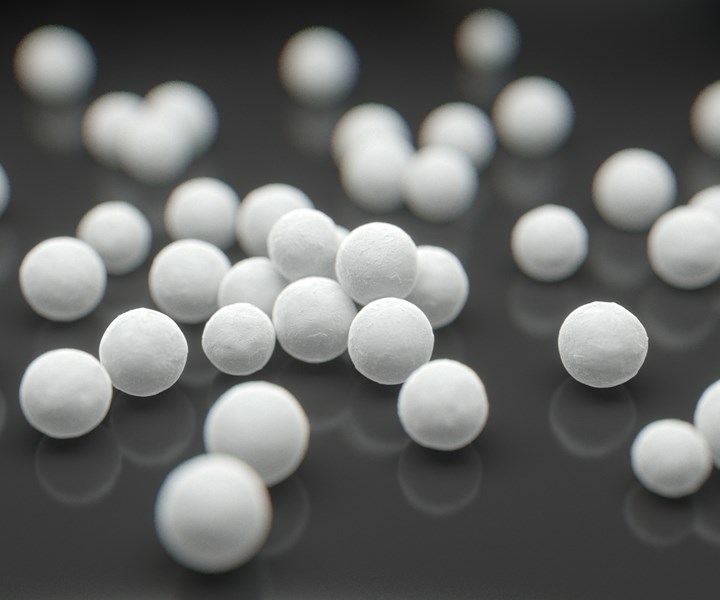Clariant Partners with McDermott to Develop Next-Generation Phthalate-Free PP Catalysts
Clariant’s PolyMax 600 Series phthalate-free PP catalysts aimed at meeting the most demanding customer toxicity requirements.
What is said to be a next-generation series of phthalate-free catalysts for PP production has been introduced by Clariant (U.S. office in Charlotte, N.C.) that reportedly meet the most demanding customer toxicity requirements. The company partnered with Houston-based McDermott International to utilize the latter’s Lummus Novolen gas-phase technology in the production the PolyMax 600 Series phthalate-free PP catalysts.
The new catalysts are said to significantly boost plant productivity due to a new proprietary technology that increases catalyst activity up to 25% compared to phthalate-based catalysts. Moreover, this technology has been also shown to result in superior polymer properties, such as increased impact strength for better durability.

PolyMax 600 Series catalysts are a drop-in replacement for phthalate-based polyolefin catalysts and are designed to suit a broad range of process requirements, in applications ranging from food packaging to engineered automotive parts. Considering the rapid growth of the PP market, the catalysts come at an opportune time to help producers meet both increasing demand and stricter regulations.
Said Stefan Heuser, sr. v.p. & general manager at Clariant Catalysts, commented, “Performance is the key difference with our new PolyMax 600 Series catalysts. We have successfully developed a phthalate-free solution that adds significant value to our customers’ 大象传媒es. The innovative technology, which allows customers to achieve higher productivity rates and reduced process fluctuations, is delivering excellent results — with one major polypropylene producer now estimating economic benefits to exceed $8 million annually.”
Related Content
-
Industrial Resin Recycling Diversifies by Looking Beyond Automotive
Recycler equips for new 大象传媒 in medical, housewares and carpeting.
-
Allegheny Performance Plastics to Enter Health Care Sector
The custom molder has secured multiple projects in health care and will be adding cleanroom and white-room spaces, as well as injection molding machines, in support.
-
Medical and Molding Elite
When Jeff Smith received a notice evicting his promising 大象传媒 out of his house, it could have been the end of Elite Biomedical Solutions’ and Elite Precision Plastics’ stories before they really got started, instead it was just the beginning.



